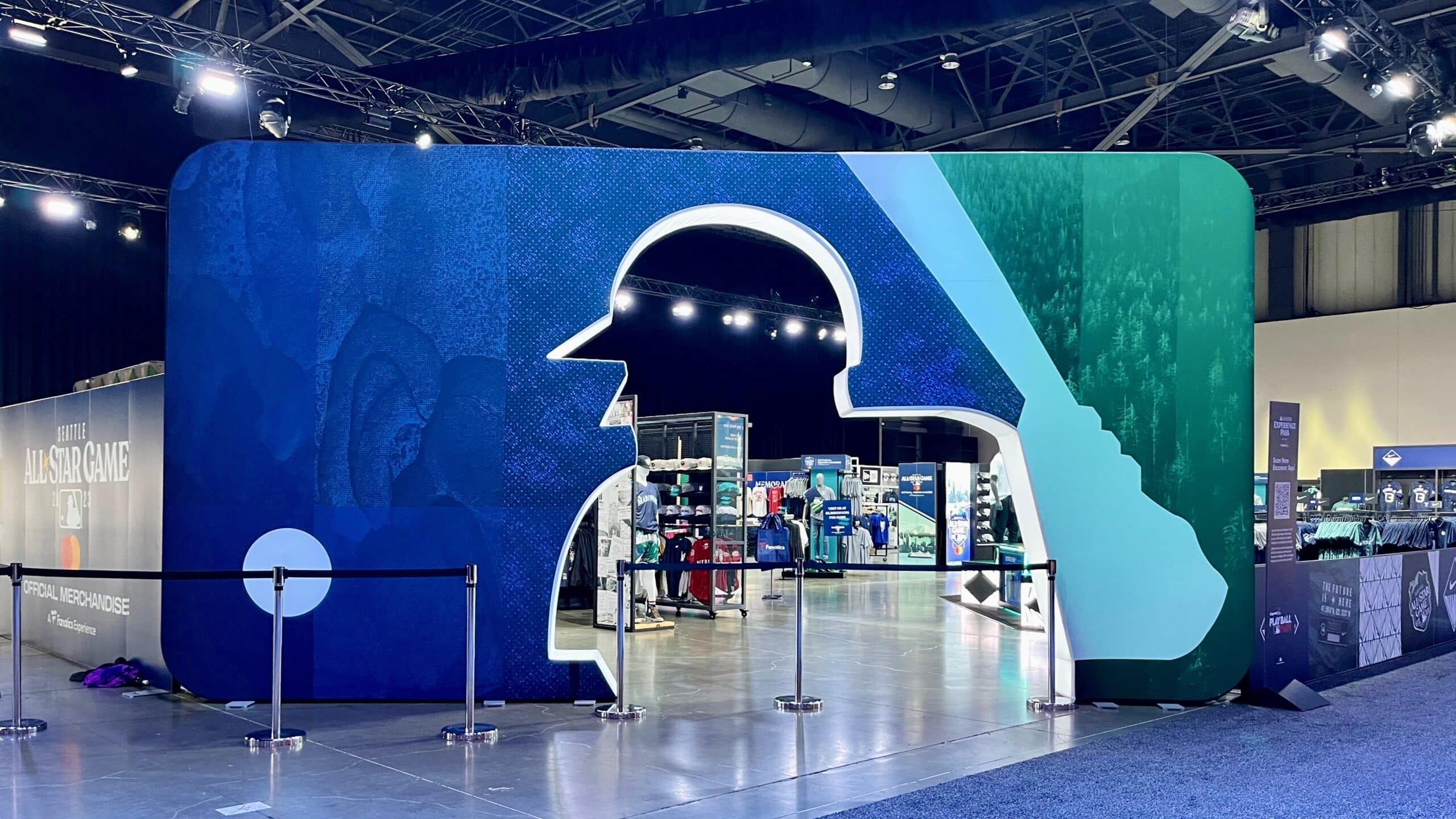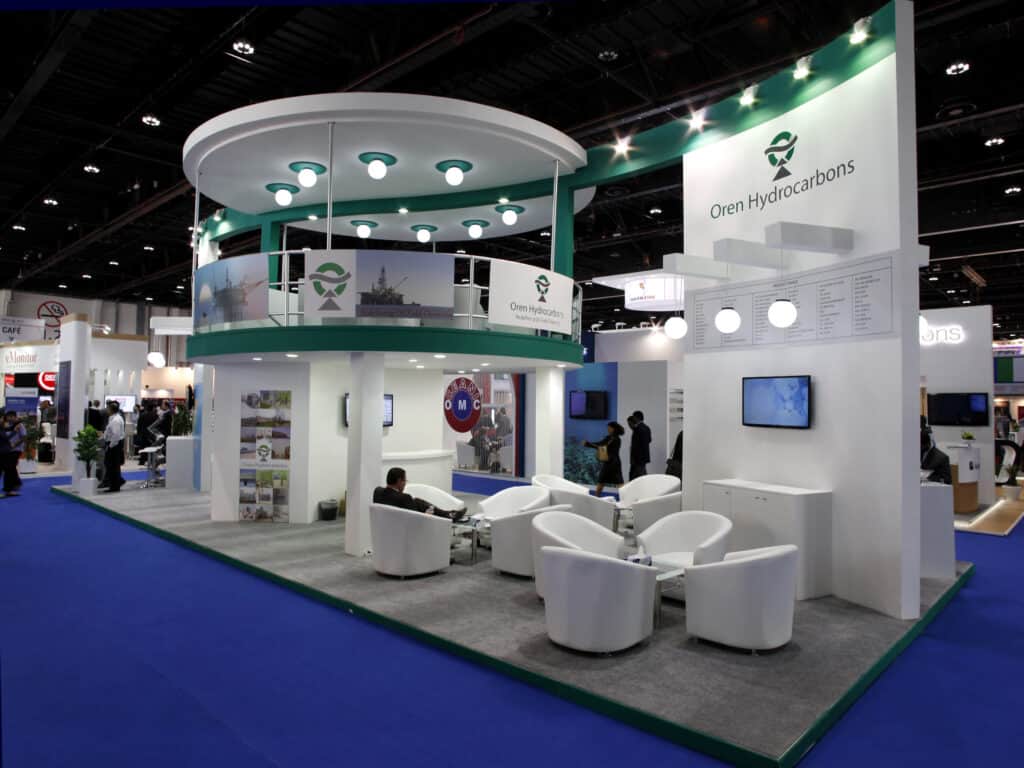[ad_1]
Kukkoyev had built an entire business renovating high-end end apartments in St. Petersburg with Ikea fittings. He spent that final day sweating and trying to get in all his orders, hitting the payment button for the last time at two minutes to midnight, he recalled.
Then he applied to register the trademark Idea, copying Ikea’s trademark logo.
Kukkoyev’s struggles are one man’s woes in a sea of troubles as Russia faces not just international sanctions but the impact of Western businesses shunning the country. Thousands of small and medium businesses — including restaurants, bars, beauty salons, consultancies, transportation, logistics companies and others — face similar problems.
As real wages plummet, consumption falls, inflation escalates and supply chain problems choke the economy, the crisis is devastating private businesses.
“[My clients and I] are now like hostages of this situation. I believe that Ikea treated people like cattle,” said Kukkoyev, owner of Luksort-Service. “I think it was very inhumane. Now, so many people, thousands and thousands of people, are in a very difficult situation.”
Until last month, he had been Ikea’s biggest fan. He said he had admired the company’s business approach and loved its user-friendly manuals, on which he relied heavily.
“I’m not upset at the West. The only thing that made me really upset and angry was Ikea, because I really like this business,” he said.
Russians are facing a slew of economic problems, from a shortage of paper — it’s bring your own to many clinics for printing diagnostic reports — to a lack of Western medicines, spare parts and computer chips.
Last week, the price of staple goods in Russia soared 14 percent in a single week, according to the Federal State Statistics Service. Panic buying of sugar erupted as its price increased by more than 37 percent, triggering an official anti-monopoly probe.
An analysis by Vneshekonom Bank Institute issued March 22 predicted that real wages would fall by 12 percent this year, unemployment would hit 6.2 percent and inflation would reach 19.3 percent by the end of the year.
Independent economist Vladislav Inozemtsev warned that in a few months, manufacturers will run out of affordable stocks of key components. “The most acute issue will be with all the Western products and spare parts and everything that Russia uses in the production chain because some Russian products will disappear completely if they can’t find necessary substitutes, for example computer chips,” said Inozemtsev, director of the Center for Research on Post-Industrial Societies.
He said the quality of many products will decrease even as their prices rise. “Everyone heard about the problems of paper, with a disruption of supply for two or three weeks. Then it reappeared in shops, but the price was 2½ times higher, and it was not so white,” he said.
But Sergei Guriev, an economist at the Paris Institute of Political Studies, said that as long as Russia can continue to sell all the oil it wants at more than $100 a barrel, it can fund the things that matter most to President Vladimir Putin: the war effort, propaganda to support it and security services to clamp down on dissent.
“Putin doesn’t care about economic growth. He wants to survive,” Guriev said. Putin’s concern is primarily with the people around him, because some of them are unhappy that they are seeing their businesses harmed and the military campaign struggling. “So he won’t provide incomes to [the public] but instead he will deliver repression. In that sense, what matters to him is having enough oil money to pay policemen, propagandists and soldiers, and his friends,” said Guriev.
Vanishing tiles and disappearing clients
For Kukkoyev, problems cascaded like dominoes. His beloved Ikea panels and fittings were no more. He substituted Russian tiles for the Italian tiles prized by his richest clients.
“Our clients had a certain picture in their minds of their apartment. Now the picture is different,” he said. In his 74 ongoing projects, he said, clients will pay “three, four and even five times more,” with inferior tiles, light fittings and panels.
Since late February, his richest clients have been disappearing, too. One wealthy client, who works in logistics, canceled a renovation project “because his business was falling apart,” Kukkoyev said. Another canceled because sanctions had hurt his business. A third broke his contact because he could no longer afford expensive fittings.
Kukkoyev has turned around and sued Ikea, seeking damages of four quadrillion rubles — almost $12 trillion — in addition to pursuing the Idea trademark.
An Ikea spokeswoman named Maddie, who provided only her first name, said the company was considering taking action of its own. She said that Inter Ikea Systems B.V., the owner of Ikea intellectual property rights including the trademarks, was aware of Kukkoyev’s trademark application and was looking into the matter “to explore the potential steps for actions.”
While Putin’s government can curb discontent among his loyalists, for instance by indexing pensions to inflation and supporting state-owned enterprises, it is people like Kukkoyev’s clients who will be most affected by economic hardships: “people in urban centers who have been accustomed to Western standards for all these years,” said Inozemtsev.
“It will hurt the upper middle class because these people consume most of these advanced products which need high tech components. Good computers will be in short supply, and mobile phones,” he said.
Settling for haircuts instead of colorings
The sectors that look to be hit the hardest include advertising, travel, hospitality, fashion, luxury goods and services.
Restaurateurs are unable to source fish, vegetables, pasta, salads, sauces and other key items, Sergei Mironov, vice president of the Federation of Restaurateurs and Hoteliers, told the pro-Kremlin Izvestia newspaper Monday.
One Moscow cocktail bar owner, who spoke on the condition of anonymity for fear of reprisals, said the business he started just over a year ago would probably survive only three to six months, after major alcohol importers stopped shipping goods to Russia.
Large nonstate manufacturers, such as Russian carmakers, that are reliant on imported high-tech electronics and chips are also struggling.
Sofia, 43, who owns a beauty salon, was about to open a new one when the war began. She abandoned her plan as her business swooned and her income plummeted. Even her few loyal remaining clients are cutting costs.
“For example, they will just have a haircut, not coloring. Or a manicure without nail polish,” Sofia said. She spoke on the condition that her last name not be published because of fear of repercussions from Russian authorities.
“People are depressed. They’re worried. Usually, clients come to my studio in a good mood, but it’s not like that now. People are worried about prices. They are trying to save on everything because they don’t know what happen in the future,” she said.
Her business has also been hurt by the government’s ban on Facebook and Instagram, which were the two main ways she promoted her business.
Sofia said her clients are accustomed to her use of Western products because of their quality. Now, she said, “I don’t know what I will use.”
Richer than North Korea and Iran
With Putin unlikely to back down from his confrontation with Ukraine, sanctions on Russia could remain in place for years, Guriev said. “It will be much richer than North Korea and Iran, but it will be economically isolated, and it will not grow. Incomes will be substantially below last year’s levels, so it will be in a kind of poverty.”
He predicted that the increasingly repressive government, coupled with economic misery, will make Russia an unpleasant place to remain. “A lot of educated young people will leave, simply because there’s no future,” he said. “There is no way to do business, no way to make tenure, no way to become a successful professional.”
Sofia said she hopes her beauty salon will somehow survive.
“It feels like we have gone backward hundreds of years. We had plans. We tried to be creative to meet demands of our clients, and now it’s all gone. I don’t see anything good in the near future,” she said.
Kukkoyev’s big idea, copied straight from Ikea, is to sell decent, affordable furniture, just Russian-made.
But if it gets off the ground, it probably won’t match the company he once loved. The furniture — like Russian paper — will probably be expensive and inferior.
Mary Ilyushina contributed to this report.
[ad_2]
Source link







